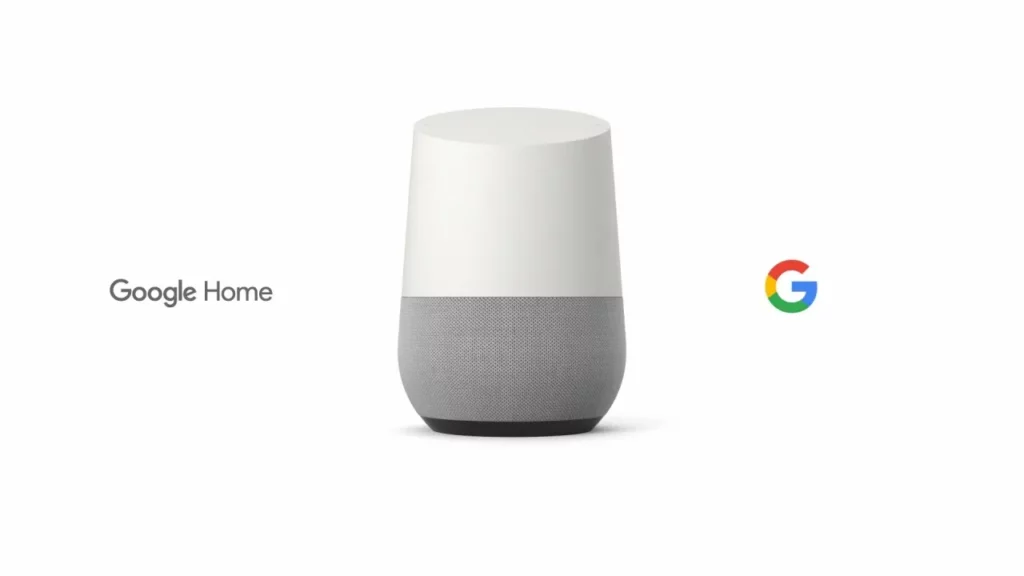After months of complaints about inconsistent performance, Google has admitted what everyone already knew: the Google Home Assistant hasn’t been working right. The company now says serious upgrades are on the way and this time, it’s not just talk.
Google Home Assistant’s recent issues hit a boiling point

For too long, users have put up with delayed responses, unrecognized commands, and random Assistant failures. Voice commands fail to register. Smart lights respond out of sync. Automations misfire for no reason.
After enough backlash, a senior product lead finally responded. The message was blunt: Google hears the frustration and is working on long-term fixes. That public acknowledgment rare from Google suggests internal priorities are shifting.
Big improvements are coming later this year
The Google Home Assistant isn’t just getting patched. It’s being reworked. According to Google, major changes have been in the pipeline for a while and will roll out this fall.
That timing likely connects to Google’s next hardware event. It wouldn’t be a stretch to expect Assistant upgrades to land alongside new Nest devices or Pixel hardware. But the core message is clear: the team’s focused on fixing reliability and expanding functionality.
What needs to change in Google Home Assistant
If Google wants the Assistant to compete, it needs to clean house. Here’s where users say the problems have stacked up:
- Delayed voice responses after “Hey Google” triggers
- Device routines that randomly break or don’t run
- Smart home controls that lag or fail silently
- Inconsistent syncing with third-party platforms
- Limited automation logic, especially compared to rivals
Fixing these isn’t about flash it’s about fundamentals. And that’s what Google says it’s targeting.
Gemini could drive the Assistant’s comeback
While no specific tech was named, the improvements likely lean on Google’s Gemini AI model. Gemini has already shown up in phones and tablets, and it offers faster processing and more natural voice responses.
Bringing that model into the Google Home Assistant could lead to smarter interpretations, less lag, and more complex routines all without needing constant cloud communication. That shift would directly tackle many of the issues plaguing Assistant today.
This is Google’s last good chance to get it right
The Google Home Assistant has been coasting for too long. Strong hardware, clever ideas but no follow-through. This time, users don’t want an apology. They want something that works every time.
Fall’s not far off. If these improvements actually land, Google could finally reclaim its spot in the smart home race. If not, more people will stop talking to their speakers entirely.














